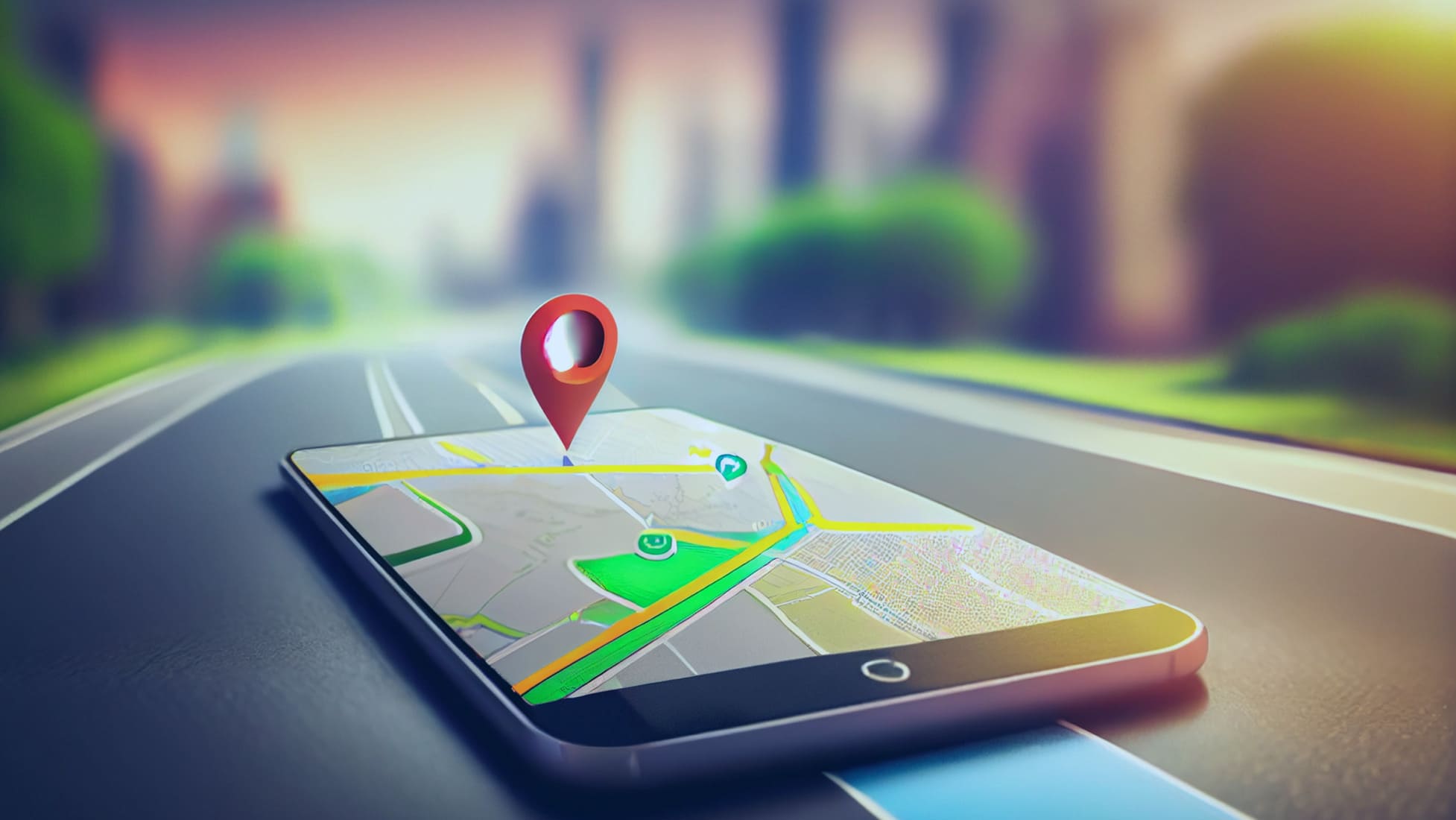Browsing the Future of GPS Tracking: Developments, Obstacles, and Opportunities Ahead
As we stand at the crossroads of technical advancements and social effects, the landscape of GPS monitoring is poised for a transformative trip in advance. The evolution of GPS modern technology has actually been rapid, ushering in a brand-new period of real-time tracking capabilities that assure extraordinary levels of precision and efficiency. With wonderful development comes excellent responsibility, as data privacy concerns loom huge and safety and security obstacles in General practitioner tracking raise significant concerns about safeguarding delicate information. Yet, among these difficulties exist hidden opportunities waiting to be explored, supplying a look into the untapped capacity of a sector at the edge of modification.
Advancement of GPS Innovation
Created for military purposes, GPS modern technology has actually developed to come to be a common tool in various markets, including transportation, logistics, agriculture, and individual navigating. Early General practitioner systems were characterized by restricted protection, reduced precision, and bulkier equipment demands.
One key turning point in the advancement of GPS modern technology was the advancement of Selective Accessibility (SA) in the 1990s, which intentionally deteriorated the accuracy of civilian GPS signals. The discontinuation of SA in 2000 considerably enhanced GPS precision for civilian users. Subsequent innovations, such as the deployment of additional satellite constellations like Galileo and BeiDou, have actually additionally boosted GPS protection and accuracy, making it a vital tool in everyday life. As general practitioner modern technology remains to progress, we can anticipate further improvements in performance, insurance coverage, and precision, opening up brand-new possibilities for innovation and applications throughout different markets.
Real-Time Tracking Improvements
Building on the advancements in GPS innovation that have changed accuracy and coverage, real-time monitoring has arised as a pivotal area of advancement with profound implications across different sectors. Real-time monitoring improvements make it possible for organizations and companies to check workers, possessions, and automobiles instantly, supplying important insights for decision-making procedures - gps tracking. By leveraging real-time data, companies can boost functional efficiency, enhance customer support, and ensure the security and protection of their possessions
One of the key advancements in real-time tracking is the combination of expert system and artificial intelligence formulas, which allow anticipating analytics and anomaly discovery. These capabilities permit positive maintenance scheduling, course optimization, and risk mitigation strategies. Furthermore, the development of real-time tracking systems has actually resulted in the advancement of mobile applications and personalized dashboards, equipping individuals to access vital info anytime, anywhere.
Data Personal Privacy Issues

Data privacy worries include various aspects, consisting of the storage, sharing, and retention of area information. Companies need to apply durable security steps to safeguard general practitioner tracking information from cyber hazards and data breaches. Clear plans pertaining to data collection techniques and the objective of monitoring are necessary to develop depend on with customers and ensure compliance with data protection regulations.
Security Obstacles in GPS Monitoring
Dealing with data personal privacy concerns in GPS tracking is elaborately linked to mitigating the safety challenges that occur from possible vulnerabilities in the modern technology. One of the main safety and security difficulties in GPS tracking is the threat of unapproved access to sensitive place information.

Another security difficulty is the possibility for spoofing or jamming GPS signals. Executing durable file encryption, verification steps, and signal verification procedures are essential steps in resolving these safety difficulties in GPS monitoring.
Arising Opportunities in the Industry
The expanding area of General practitioner monitoring modern technology presents a myriad of appealing chances for sector development and innovation. One key opportunity exists in the growth of General practitioner tracking applications beyond conventional sectors. GPS tracking can transform individual treatment by allowing remote monitoring of vital signs and making certain timely medical support.
Another substantial opportunity in the GPS tracking market is the combination of innovative analytics and expert system. By leveraging these technologies, services home can gain beneficial insights from GPS data to improve operational effectiveness, enhance decision-making processes, and offer individualized solutions to customers. In addition, the increasing need for connected devices and IoT options presents a ripe possibility for GPS monitoring business to increase their offerings and create ingenious remedies that satisfy a much more connected world. By utilizing on these emerging possibilities, GPS monitoring firms can place themselves for sustained development and success in the dynamic landscape of the market.
Final Thought
To conclude, the future of general practitioner tracking is marked by continual development and development in modern technology. Real-time tracking improvements and emerging possibilities existing promising potential customers for the industry. Nevertheless, information privacy worries and safety challenges stay substantial difficulties that require to be dealt with. As the market progresses, navigating these challenges will be critical to make sure the continued growth and success of general practitioner monitoring modern technology.
With fantastic advancement comes wonderful obligation, as information privacy concerns loom huge and protection difficulties in General practitioner monitoring raise essential concerns concerning securing delicate details.With the quick proliferation of General practitioner tracking technology in various markets, addressing data privacy concerns has ended up being a crucial necessary for both consumers and organizations alike. The collection of location data with General practitioner monitoring raises considerable personal privacy concerns, as it allows the monitoring of individuals' actions and activities. Businesses utilizing GPS tracking must prioritize securing this information to stop unauthorized access or abuse that might compromise people' personal privacy rights.
Businesses must implement durable protection actions to shield GPS tracking information from cyber dangers and data breaches.